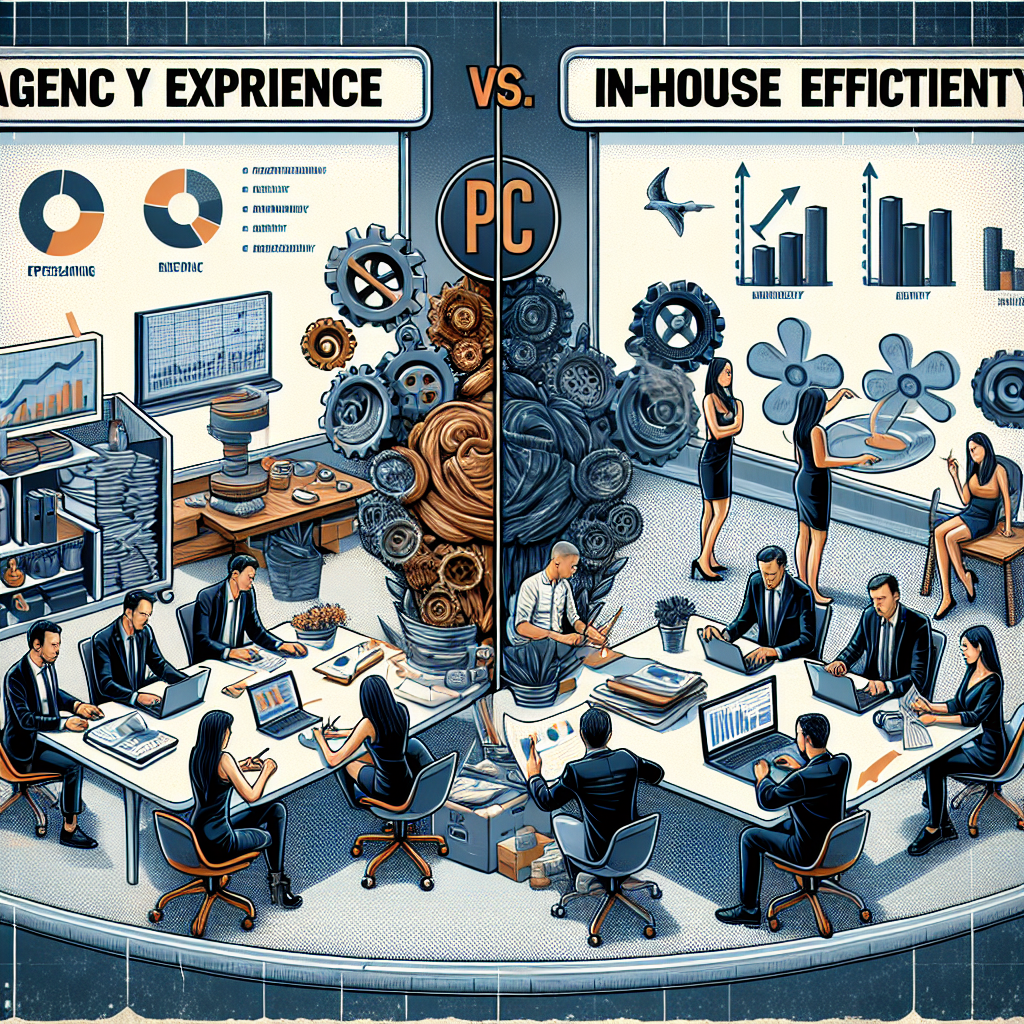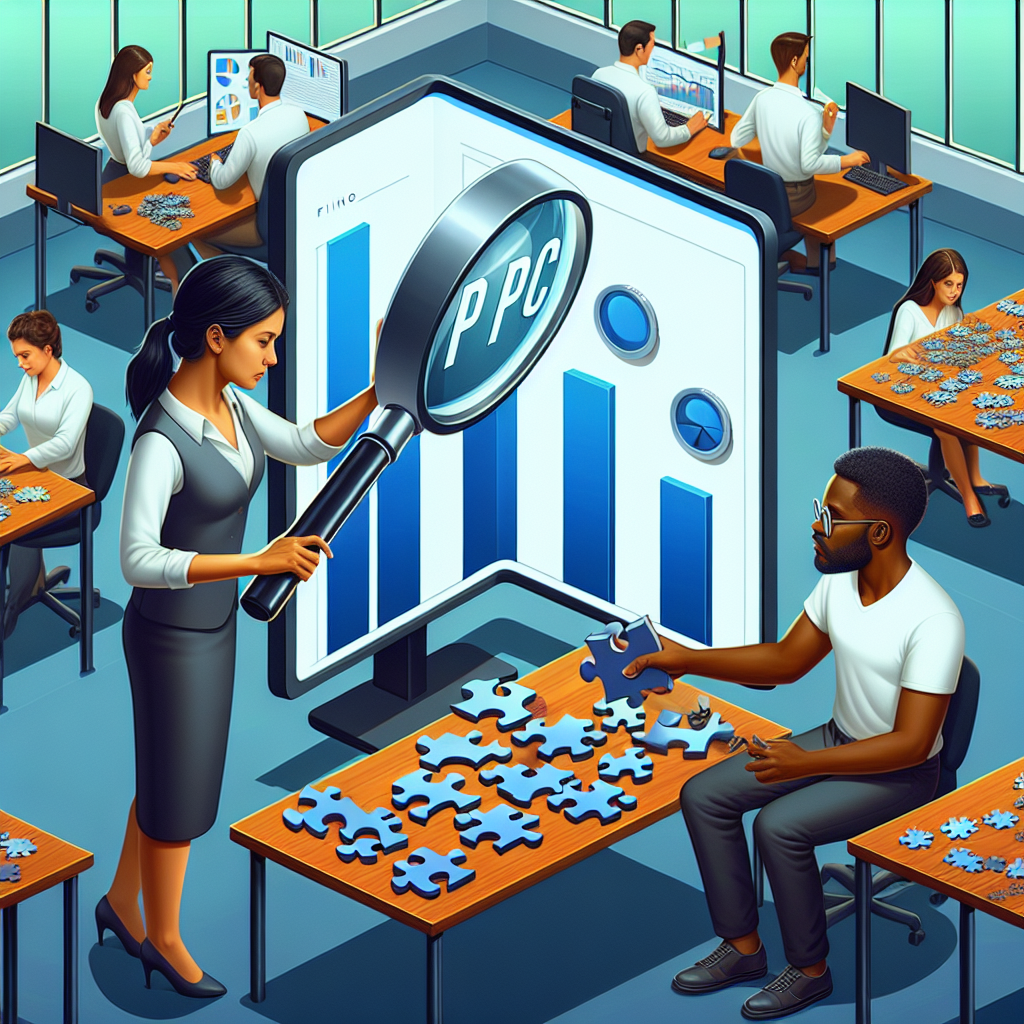Maximize Your ROI: Best PPC Agency Services of 2023 Revealed
In today’s digital landscape, maximizing your return on investment (ROI) is paramount for businesses looking to thrive in a competitive marketplace. Pay-Per-Click (PPC) advertising has emerged as a powerful tool, enabling businesses to reach their target audiences effectively while only paying for actual clicks. With the rapid evolution of digital marketing, finding the right PPC agency to partner with can make all the difference. In this article, we reveal the best PPC agency services of 2023 that can help businesses achieve stellar ROI. Understanding PPC Advertising Before diving into the best agencies, it’s essential to understand what PPC advertising entails. This form of online marketing allows businesses to place ads on search engines and social media platforms, paying a fee each time one of their ads is clicked. The primary objective is to drive traffic to their websites, increase conversions, and ultimately enhance profit margins. However, the effectiveness of PPC campaigns hinges significantly on the expertise of the agency managing the campaigns. Key Features of Top PPC Agency Services When evaluating PPC agencies, consider the following critical features that distinguish the best ones: Customized Strategy Development: A leading PPC agency will not adopt a one-size-fits-all approach. Instead, they will take the time to understand your business goals, industry dynamics, and target audience to develop tailored strategies that maximize your ROI. Keyword Research and Implementation: Effective keyword research is at the heart of successful PPC campaigns. Top agencies utilize advanced tools and techniques to identify high-converting keywords, ensuring your ads reach the right audience. Continuous Optimization: The digital landscape is continuously changing, and so are user behaviors. The best PPC agencies employ real-time data analysis and ongoing optimization techniques to refine campaigns, improve performance, and reduce wasted spend. Comprehensive Reporting: Transparency is crucial. Leading agencies offer detailed reports that outline campaign performance, insights, and recommendations, enabling businesses to understand their ROI clearly. Multi-Platform Expertise: The best PPC agencies are proficient across various platforms, including Google Ads, Bing Ads, Facebook Ads, LinkedIn Ads, and more. This multi-platform approach allows businesses to maximize their reach and diversify their advertising efforts. Best PPC Agencies of 2023 Based on industry research and client feedback, here are the best PPC agency services of 2023 that can help you maximize your ROI: 1. Disruptive Advertising Renowned for its data-driven approach, Disruptive Advertising specializes in PPC optimization and management. They focus on developing personalized strategies and provide in-depth analytics to help clients understand their return on ad spend (ROAS). 2. WordStream WordStream offers robust PPC management services alongside its popular software tools. Their expertise includes Google Ads, Facebook Ads, and more, and they highlight a strong focus on small to medium-sized businesses providing them access to dedicated account managers. 3. Ignite Visibility Ignite Visibility is a full-service digital marketing agency that excels in PPC services. They adopt a holistic approach that blends PPC with SEO, social media, and email marketing strategies to ensure comprehensive growth and better ROI. 4. KlientBoost KlientBoost is renowned for its transparent strategies and performance-driven PPC services. They take pride in their ability to improve ad performance significantly, often resulting in rapid ROI for their clients. Their creative approach to ad copy and design sets them apart from competitors. 5. AdVenture Media Group This agency focuses on creating tailored PPC campaigns that resonate with target audiences. Known for its outstanding customer service and commitment to results, AdVenture Media Group is an excellent choice for businesses aiming for quality leads and high ROI. 6. JumpFly JumpFly has established itself as a leader in PPC management since 2003. They offer end-to-end services that include strategy development, keyword management, and ad optimization, all aimed at maximizing your advertising budget. Conclusion In a digital world where every click counts, selecting the right PPC agency can significantly influence your business success. The agencies highlighted in this article are top-tier options in 2023, offering tailored strategies and data-driven insights that can help you maximize your ROI. By partnering with a reputable PPC agency, businesses can navigate the complexities of digital advertising, drive meaningful traffic to their websites, and convert that traffic into loyal customers. As the landscape continues to evolve, staying ahead of the competition demands not just investment but intelligent investment—and the right agency can help you achieve that goal.










